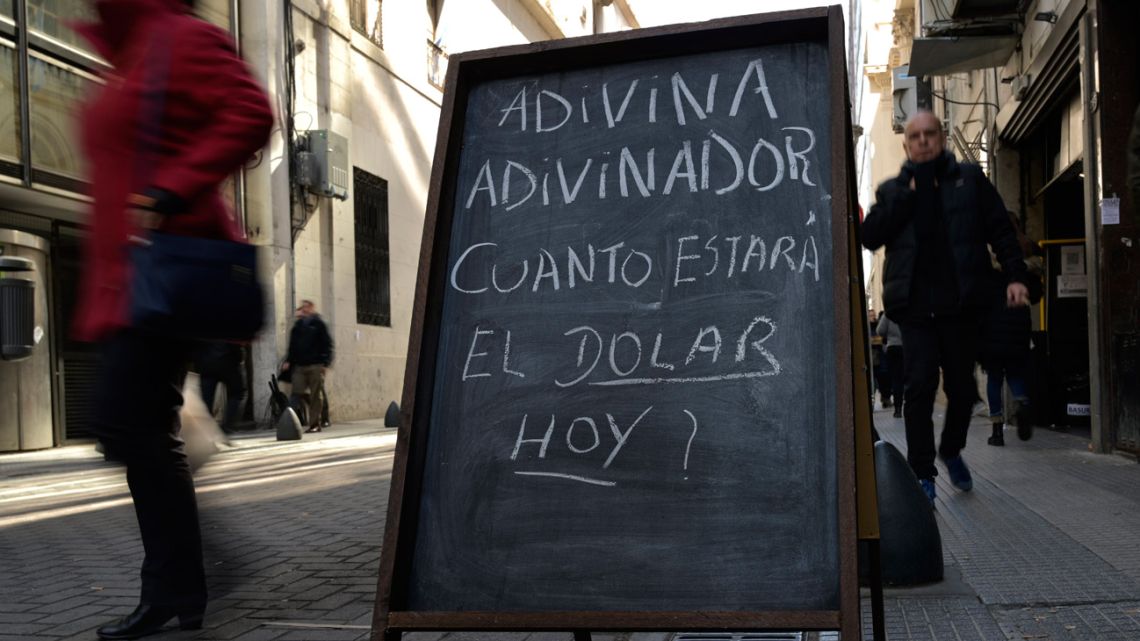MilHojas
Registered
- Joined
- Oct 9, 2007
- Messages
- 1,331
- Likes
- 959

Central Bank seen seeking weak peso under Fernández
Fernández has promised voters he will revive the economy from its slump. He now intends to make the Central Bank a centrepiece for that strategy.
President-elect Alberto Fernández is preparing to task the country’s Central Bank with trying to boost the crisis-torn economy through a weak exchange rate, according to two people with direct knowledge of the strategy.
